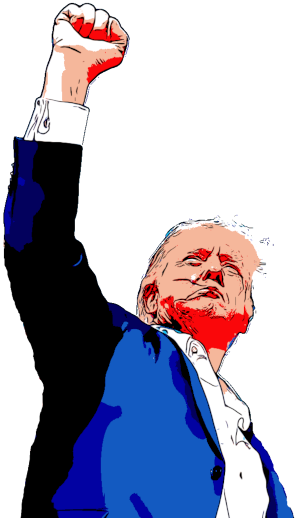Trump's Executive Order Targets Funding for NPR and PBS
President Donald Trump has signed an executive order aiming to cut federal funding to NPR and PBS, prompting immediate backlash and legal challenges from the public broadcasters.
In a late-night move, President Donald Trump issued an executive order directing the Corporation for Public Broadcasting (CPB) and other federal agencies to cease all federal funding to NPR and PBS. The order, described by the White House as a step to end taxpayer subsidization of what it calls ‘radical, woke propaganda,’ has ignited a firestorm of controversy.
PBS President Paula Kerger denounced the order as ‘blatantly unlawful’ and emphasized its potential to disrupt educational programming that has served the American public for over 50 years. NPR responded with a strong statement, promising to challenge the executive order vigorously, arguing that it threatens their ability to provide essential news and services. Both organizations stressed that the appropriation for public broadcasting is a minuscule portion of the federal budget, less than 0.0001%.
The CPB, which allocates approximately $535 million annually to NPR and PBS, has also rejected the move, asserting its independence from presidential authority as a private nonprofit corporation. This stance is supported by its congressional authorization, which explicitly prohibits federal control over its operations.
Legal experts anticipate a swift challenge to the executive order, given the CPB’s funding structure, which is secured two years in advance to shield it from political interference. The immediate impact on NPR and PBS remains uncertain as they explore all legal and operational options to continue serving their audiences.
This executive order is the latest in a series of actions by the Trump administration targeting NPR and PBS, which it accuses of promoting progressive content without balance. The move has sparked discussions within public media circles about the future of federal funding and the potential for public broadcasters to seek alternative revenue sources or reject federal funds altogether to maintain independence.

